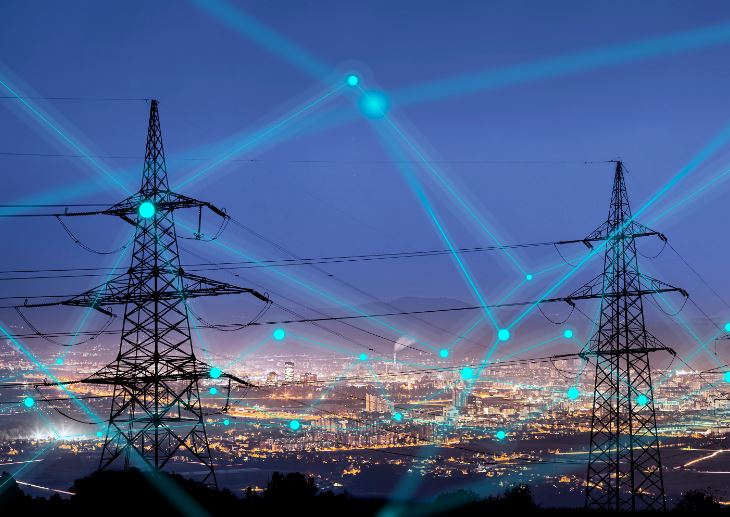
Ike Amos
23 October 2015, Sweetcrude, Abuja – The Nigerian Association of Energy Economics, NAEE, have warned that unless the country’s huge electricity deficit is resolved, the country’s economy would remain trapped and unavailable to current and future generations.
Speaking at a forum marking World Energy Day, President of NAEE, Professor Wunmi Iledare, further stated that the country’s electricity deficit would also consign rural dwellers to lives lived in the pre-medieval era.
He lamented that despite the huge investments made in the country’s energy industry by both the government and the private sector, the country still continue to record frequent energy shortfalls like incessant power outages and fuel scarcity, which is more pronounced in the rural areas.
According to him, using electricity as an example, less than 25 per cent of Nigeria’s population of over 170 million has regular access to electricity, adding that the remaining 75 per cent make do with little or no electricity, although 45 per cent of the population is connected to the national grid.
He said, “It is estimated that the nation has as much as 90 per cent deficiency in electricity supply while in off-grid areas where some 50 per cent of Nigerians live, access to electricity is practically zero. Even in on-grid areas, power outages are still a recurrent theme and this has continued to pose serious constraints to economic development.”
He further stated that a significant portion of rural dwellers in the country lack access to electricity, with most of them relying on biomass as their primary source of energy, irrespective of the overwhelming environmental impacts associated with its use.
He blamed corruption and misalignment in investment allocation across the power sector among others, as the factors responsible for the poor state of the country’s power situation.
Specifically, he said, “Several reasons have been adduced for the poor state of electricity supply in Nigeria, in spite of the huge resources that successive governments have thrown at the problem.
“These include endemic and systemic corruption, poor maintenance culture, inadequate gas supply and transmission infrastructure, inconsistent government policy, misalignment in investment allocation across the power sector value chain, pricing issues, huge economic and non-economic losses, regulatory and legal management challenges, among others.”
He, however, stated that presently, great opportunities exist in Nigeria for a paradigm shift in energy access. “These include renewable energy in off-grid area, new biofuel opportunities, new energy storage devices, new distribution systems and new energy transport modules for rural home among others,” he added.
He further stated that Nigeria must take energy access seriously, especially as it wants to bequeath to the future generation, a country where electricity access is taken for granted and where energy is harnessed for overall human development.



